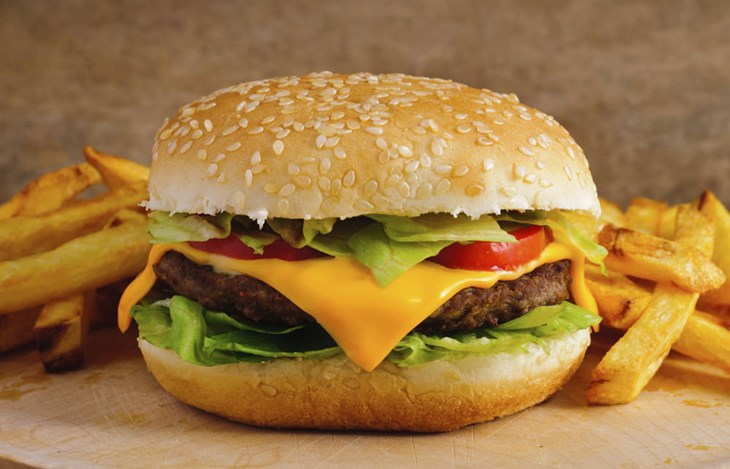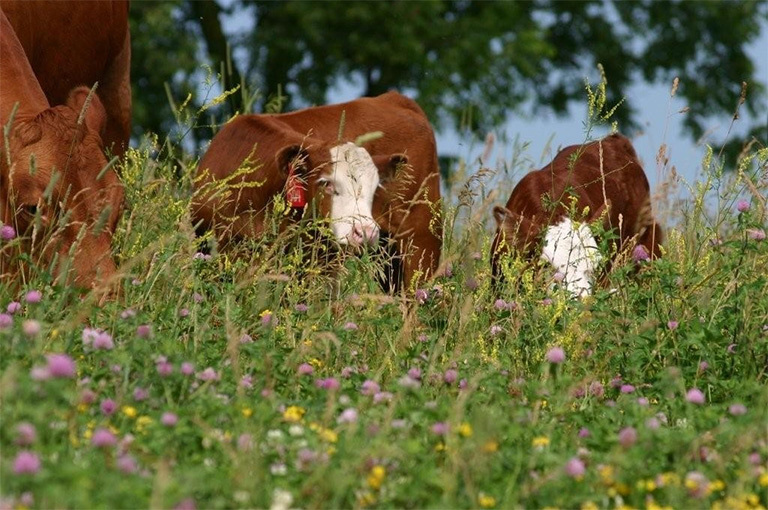The Great Meat Tax Debate
Published 2/9/2021

We’ve recently written to the Prime Minister and the Chancellor of the Exchequer, welcoming the possible implementation of a carbon tax on meat and dairy in the UK.
We strongly believe that factory farmed meat and dairy should be taxed, with the revenue raised being used to reduce the price of healthy food. So, we are delighted that the Government is considering placing a tax on meat as scientific studies show that meat and dairy have much higher greenhouse gas (GHG) emissions than other foods.
A worrying disconnect
However, whilst the proposed taxes are encouraging, if based purely on GHG emissions rather than looking at all the environmental and health damage arising from factory farming, people could be driven to move away from extensively reared beef and lamb towards higher consumption of ‘cheap’ factory farmed pork and poultry.
There is, of course, no such thing as ‘cheap’ meat, eggs or dairy. Products may be cheap to buy in the supermarket, but their price is paid in full, elsewhere. The costs inherent within cheap food are borne by us, the animals and the environment. The Food and Agriculture Organization has summed up this problem very clearly, saying: "In many countries there is a worrying disconnect between the retail price of food and the true cost of its production. As a consequence, food produced at great environmental cost in the form of greenhouse gas emissions, water pollution, air pollution, and habitat destruction, can appear to be cheaper than more sustainably produced alternatives.”
Evaluating the true cost
Pigs and chickens are extremely inefficient at converting soy and cereals into meat, as opposed to ruminants which convert grass – something humans cannot consume – into meat and milk.
When considering impact on the environment, we must examine the footprint of the foods which we feed to livestock. The soy that is fed to factory farmed pigs and poultry contributes to deforestation, while the human-edible cereals they are fed fuel the intensification of crop production.
Antibiotic resistance has also been attributed to intensive agriculture, particularly pork and poultry where animals are routinely given antibiotics because of the higher risk of disease when large numbers of animals are kept in inhumane, overcrowded conditions. There is strong evidence that this overuse of antibiotics in intensive farming is contributing to antibiotic resistance in human medicine and may result in the emergence of zoonotic disease.
Any meat tax should take these issues into account, in addition to carbon emissions.
Curbing our carbon emissions
The solution is clear: encourage a reduction in the consumption of meat and dairy which are associated with high GHG emissions, by applying a carbon tax to those products.
“It is essential that all the revenue raised by the tax on meat is used to lower the cost of healthy food with low GHG emissions,” says Peter Stevenson, our Chief Policy Advisor. “There must be no overall increase in the price of food, simply a rebalancing to lower the price of healthy food with low GHG emissions, while increasing the price of unhealthy food with high emissions.”
Action long overdue
There are many factors to consider when addressing the effects of animal agriculture on the environment, but it is imperative that the Government takes immediate action. The Government’s 2011 ‘Foresight report on the future of food and farming’ stated that “There needs to be much greater realisation that market failures exist in the food system that, if not corrected, will lead to irreversible environmental damage and long term threats to the viability of the food system.”
These words still ring true ten years later, and action is long overdue.
Read our letter to the Prime Minister here.
